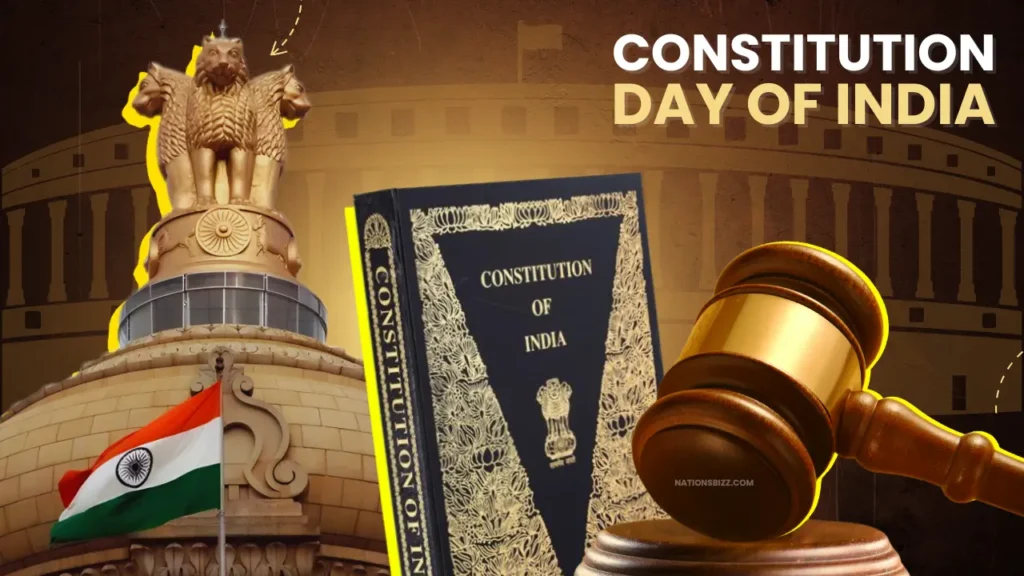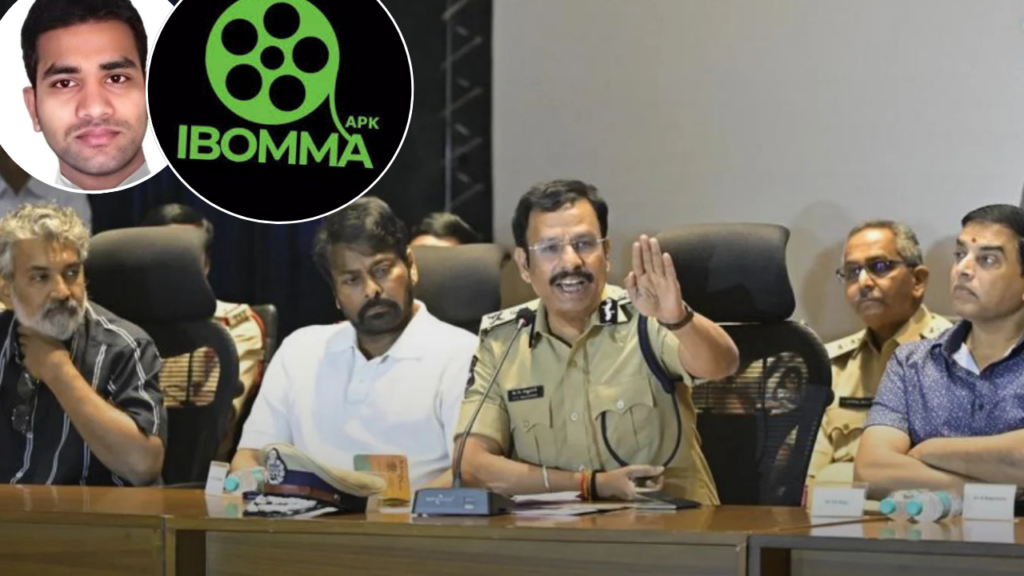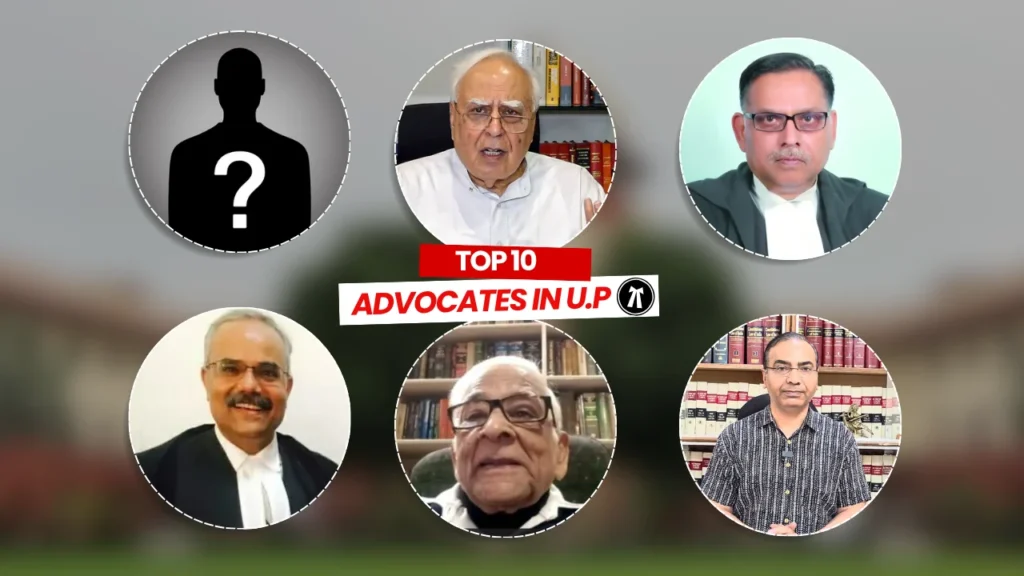Chief Minister Devendra Fadnavis recently made comments about the three-language policy. The integration of Hindi as a compulsory subject in all schools in Maharashtra. It has been stated that this policy aligns with the National Education Policy (NEP) 2020, which is being implemented across the country, and Maharashtra cannot opt out of it.
It has been officially announced that the government has withdrawn the Hindi compulsion for students. In the future, students will be allowed to choose any Indian language as their third language, not just Hindi.
This decision is seen as a step towards promoting linguistic diversity and respecting the preferences of students and their families. The government resolution regarding this change was issued on Tuesday, and it could significantly impact our educational framework.
NEP 2020’s Language Strategy: Unity in Diversity or Policy Puzzle?
The National Education Policy (NEP) 2020, particularly focuses on its informativeness approach towards fostering multilingualism, cognitive development, and cultural preservation.
At the core of this policy is the Three Language Policy, which aims to equip students with linguistic diversity while promoting unity across different regions of India. It holds significant potential to enhance students’ cognitive skills and cultural understanding.
The objectives of this policy and strategies for its implementation, as well as the benefits and challenges it may face in real-world scenarios. Three Language Policy is a framework designed to empower students with linguistic diversity while bridging regional and national divides.
Inside the Meeting: Full Details and Insights
A brief recap of the meeting that took place at Chief Minister Fadnavis’s residence on Monday night. During the meeting, which was chaired by Fadnavis, we delved into important issues affecting our education sector. Deputy Chief Minister Eknath Shinde, School Education Minister Dada Bhuse, Minister of State Dr Pankaj Bhoyar, and several senior officials from the education department were in attendance, contributing valuable insights.
Devendra Fadnavis has announced plans for discussions with various stakeholders including litterateurs, language experts, political leaders, and other concerned parties. A meeting regarding this initiative was held at his official residence this past Sunday.
Fadnavis to Finalize Three-Language Formula After Broad Consultations.
Hindi Proposed as Third Language in Schools in Marathi, English Medium School.
Consent of 20 Students Needed to Opt for Indian Language Other Than Hindi
According to a recent statement by Fadnavis in Chikhali in Pimpri Chinchwad. The government is committed to supporting students who wish to learn another language. They will ensure that a dedicated teacher is appointed for those interested. In cases where the number of students is limited, the government is also prepared to facilitate online classes to make language education accessible to all. An insightful statement made by Devendra Fadnavis regarding the impact of the new education policy. He mentioned that this policy now allows students to pursue engineering, MBBS, or MBA programs in Marathi.
‘Why Hesitate to Embrace Indian Languages?’ Fadnavis Counters Criticism of Language Policy
The recent statements made by Chief Minister Fadnavis in response to Raj Thackeray’s criticism of the new government resolution (GR) concerning the three-language policy. Fadnavis emphasized that the new system is a result of the National Education Policy (NEP). Which was developed after extensive consultation with experts over a span of three years. He also expressed his confusion regarding the ongoing debate about language preference in our education system.
In his remarks, he pointed out the paradox of promoting English while hesitating to fully embrace our own native languages. He proposed that Indian languages hold their own unique advantages and that we should take pride in them. This conversation is crucial as it touches upon cultural identity and the future of education in our country.
Some insights regarding the recent discussion around the Three Language System and its implications for education in Maharashtra. It has come to light that Tamil Nadu approached the court against the system, but their plea was rejected. The emphasis from our government, as stated by Fadnavis, reinforces that Marathi is mandatory in schools, with alternatives only available for Hindi.
Fadnavis highlighted the significance of the New Education Policy (NEP), which enables students to pursue higher education in fields like engineering, MBBS, and MBA in Marathi. This advancement presents an opportunity to elevate Marathi to a global language of knowledge and economy, a move that Maharashtra fully embraces.
Moreover, Fadnavis pointed out that learning three languages should not serve as a point of contention, as it ultimately enhances children’s knowledge.
Govt Open to Dialogue on Language Policy; Hindi Remains Optional, Says Bhuse and Shelar
To reach out regarding the recent statements made by Education Minister Bhuse and Cultural Affairs Minister Ashish Shelar concerning the language education policy in Maharashtra. It seems there have been discussions and some misunderstandings around the teaching of Hindi as a mandatory language in schools.
As per Minister Shelar’s comments, Marathi remains the mandatory language, while Hindi is being offered as an optional choice instead of being enforced. This clarification is important for parents and educators to understand the current educational framework and the options available to students.
“Our government has removed the earlier compulsion to teach Hindi from Classes 5 to 8. Instead, we have made it (Hindi) available as an optional choice alongside several other languages. Therefore, the ongoing discussion around the issue is unrealistic, unreasonable, and illogical,” he said.





















